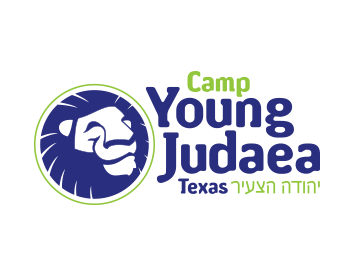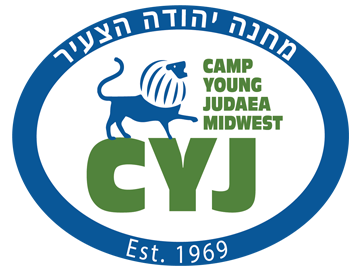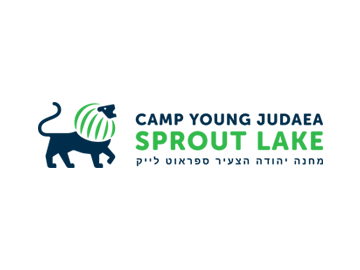‘Very much a family thing’: US Jewish summer camps mourn Israeli alumni killed in Hamas war
(JTA) — As news broke of Hamas’ surprise attack on Israel on Oct. 7, David Weinstein shared the grief and fear of many in the American Jewish community. But as the director of Camp Tel Yehudah, a Jewish summer camp in New York, the violence soon hit very close to home.
“Like everybody else, we were horrified and worried and scared and concerned about our people in Israel,” Weinstein told the Jewish Telegraphic Agency. “But it became very personal very quickly.”
Weinstein received a call that first morning that a former staff member, Gili Adar, was missing. He would later learn that Adar, 24, who worked at Tel Yehudah in 2019 and 2022 as part of its Israeli scouts program, was one of the more than 250 people killed at the Tribe of Nova music festival.
The devastating news didn’t end there. Three other Tel Yehudah community members were also killed: Yuval Halivni, who was a member of the camp’s Israeli scout delegation in 2012; Reem Betito, a camper in 2018 who served in the Israel Defense Forces’ elite Golani unit; and Laor Abromov, 20, who was a camper in 2019 and was also killed at the music festival.
“Much of that week, again, while keeping an eye on all of the bigger situation, and our concern for everybody, was really, really about the loss of part of our family,” Weinstein said.
Located in Barryville, New York, Tel Yehudah is the teen leadership camp of the Young Judaea network, a group of camps and youth programs specially designed to build connections between young Jews and Israel — including by having Israeli staff and campers at camp each summer.
As more details began to trickle out about the extent of the violence and loss in Israel, the wider Tel Yehudah community gathered, in person and online, to grieve and process together.
A Young Judaea virtual Havdalah service on Oct. 14 attracted around 700 people, Weinstein said, with breakout rooms that lasted for hours afterward. Staff and alumni also came together for a 20s and 30s Shabbat in New York City, as well as other informal gatherings.
“We have so many people over the years who went to Tel Yehudah who have moved to Israel, and are involved in so many important organizations and movements in Israel that people are very much in touch with,” Weinstein said. “Part of the Tel Yehudah family lives in Israel, and part of the Tel Yehudah family lives here. So it’s very much a family thing.”
Tel Yehudah was far from the only American Jewish summer camp to experience the deaths of past campers or staff on Oct. 7 in Israel, though it appears to have been the hardest hit. They may even have been especially vulnerable to loss because of their unique role as supercharged sites of interchange between U.S. and Israeli young adults.
“Israelis coming to camp has been a part of the American Jewish camping enterprise since the founding of the state,” said Sandra Fox, author of “The Jews of Summer: Summer Camp and Jewish Culture in Postwar America” and herself a Tel Yehudah alum.
Fox said the number of Israelis working at American Jewish camps increased after World War II and particularly in the 1960s and 70s, when air travel became more accessible and affordable. Fox said Tel Yehudah had Israeli staff as early as 1949.
While many synagogues and Jewish communities have Israeli emissaries — “shlichim” in Hebrew — through the Jewish Agency for Israel, Fox said the camp experience can be unique because it’s often younger Israelis, some who work at camp before their army service.
“This is an opportunity to meet more Israelis and create connections, with both campers and staff depending on which camp, and younger ones, so they can connect to people that are closer to their age,” Fox said. “The shlichim that come to the communities are usually young families. But a counselor could be pre-army or post-army, and if you’re a preteen or teenage camper, they’re a lot more relatable. So I think that that has a strong impact on the degree of connection they can make.”
 Young Judaea
Young Judaea





